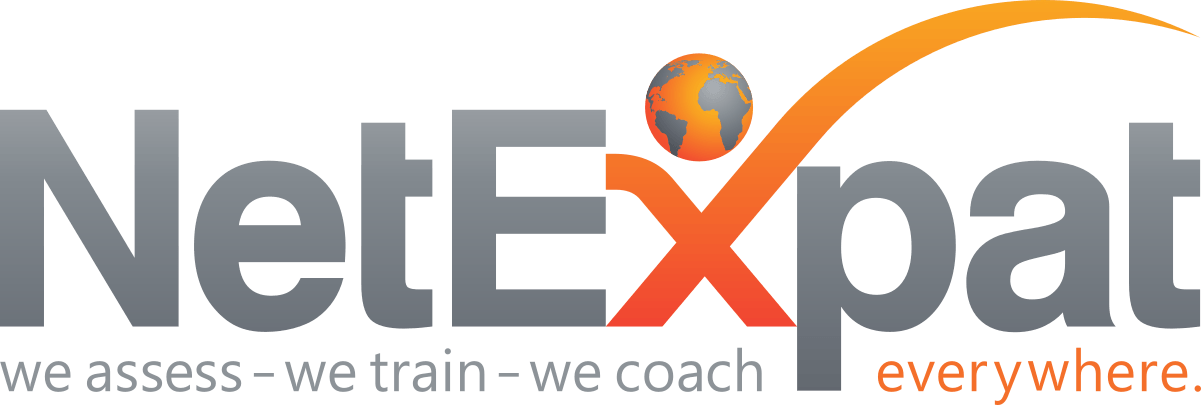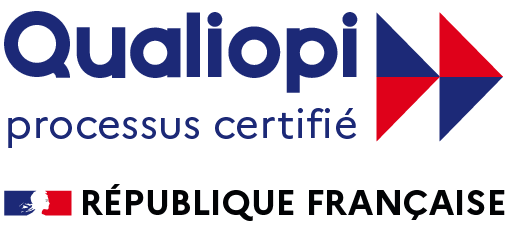Since taking over as mobility lead at BAE Systems, what has been your biggest learning to date?
Honestly…? Just how much resilience and determination you need to effect large scale change. As humans, we naturally shy away from change and, when you’re surrounded by it, it can be really unsettling. As a leader in this space, you have to embrace living with ambiguity. For me, where you have a lot of change happening, it is important to maintain a focus on your core principles and ultimately make decisions you believe are right for the future of the organisation, even if they’re not always the easiest ones. I encourage my team to be curious. Always ask ‘why’ we do something the way we do and if you’re not satisfied with the first answer, ask ‘but, why?’ again. A team which positively challenges the status quo is healthy as I believe it builds a culture of collective progression and success. Since I have been in role, we have built a team who are passionate about continuous improvement – be that a process, a service, an end user experience or the way we operate internally as a team – we have a desire to become the best team, delivering the best service that we can. I am passionate about effecting change as a team, alongside embedding a real pride in what we do. But it doesn’t always mean that it’s quick, or easy.






















